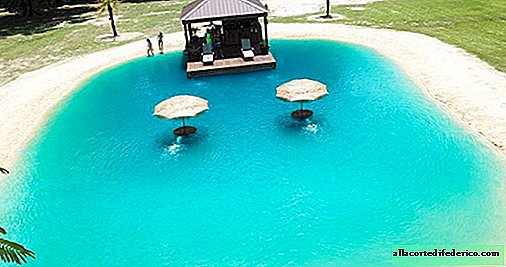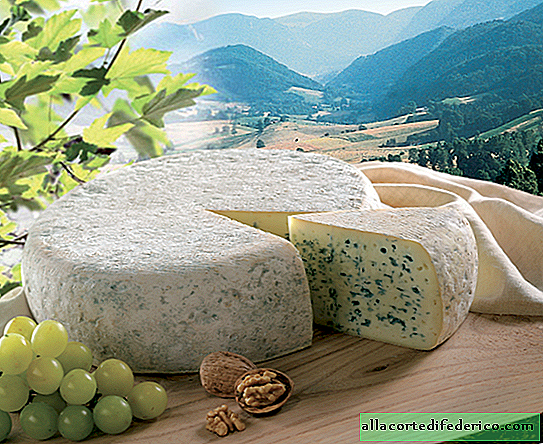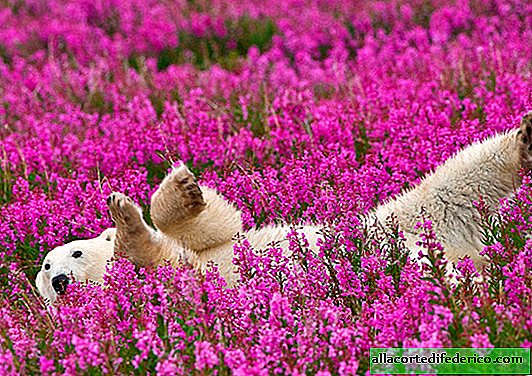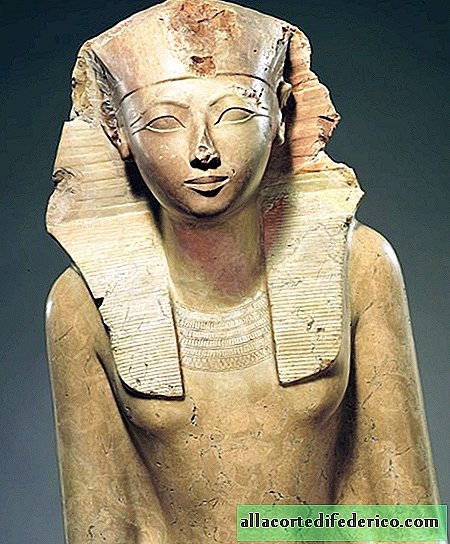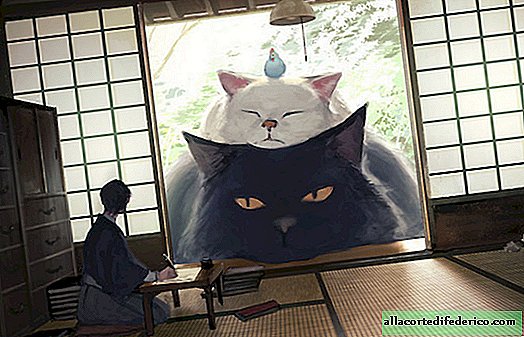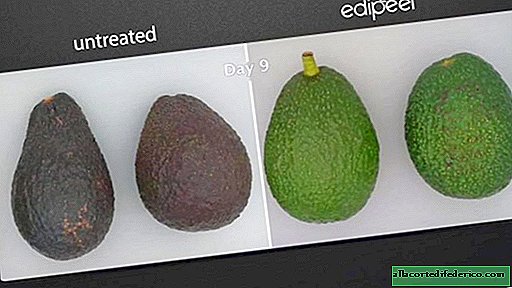Vital need: why do Brazilians keep boas at home
Brazil is not only sunny beaches and well-maintained cities with a million people. It is also underdeveloped areas of tropical forests, which occupy most of the country. And if lovers of rare animals keep boas at home out of love for these snakes, then for the inhabitants of some areas of Brazil a boa in the house is a necessity. From whom the boas protect the Brazilians, we will tell in our review.
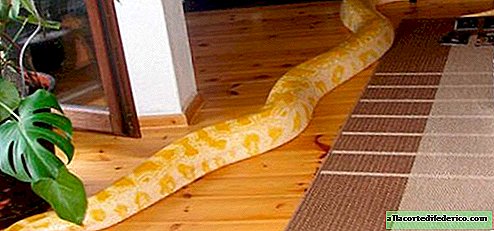
In the forests of Brazil, not only many wild monkeys live, but also many wild snakes. The latter are divided into toxic and non-toxic. Among poisonous snakes, there are enough of those that are capable of killing an adult with one bite. In the rainforests there is a well-known rattlesnake, common in both Americas, coral snake, zhararaka, urutu-cruzeiro and many others. Among them are quite large specimens, for example, poisonous urutu-cruzeiro can reach 3 meters in length.
Boas, although they are predators, belong to non-poisonous snakes and do not pose a danger to humans. The Brazilian Indians living in the Selva, noticed that in places where boas live, poisonous snakes are not found. Apparently, 4-meter boas, of which there are several subspecies, inspire fear and poisonous snakes.

Interestingly, boas at an early age are very quickly tamed and can live in the house as a pet. Brazilians, and these are not only Selva Indians, but also other residents of small towns and villages that suffer from the bites of poisonous snakes, began to make boa houses. Poisonous snakes bypass such houses, and people can sleep peacefully without fear for their lives. In addition, boas not only scare away dangerous snakes, but also prey on rodents, bringing double benefits.
The common boa constrictor, or boa constrictor, is a frequent inhabitant of terrariums and home collections of exotic animals. And this is not surprising, because he is not picky about food and does not need special conditions of detention. This is a non-toxic snake, which in nature feeds on small rodents and birds. The average life expectancy of boas is about 10 years, although in captivity, with good care, boas can survive up to 25 years.



